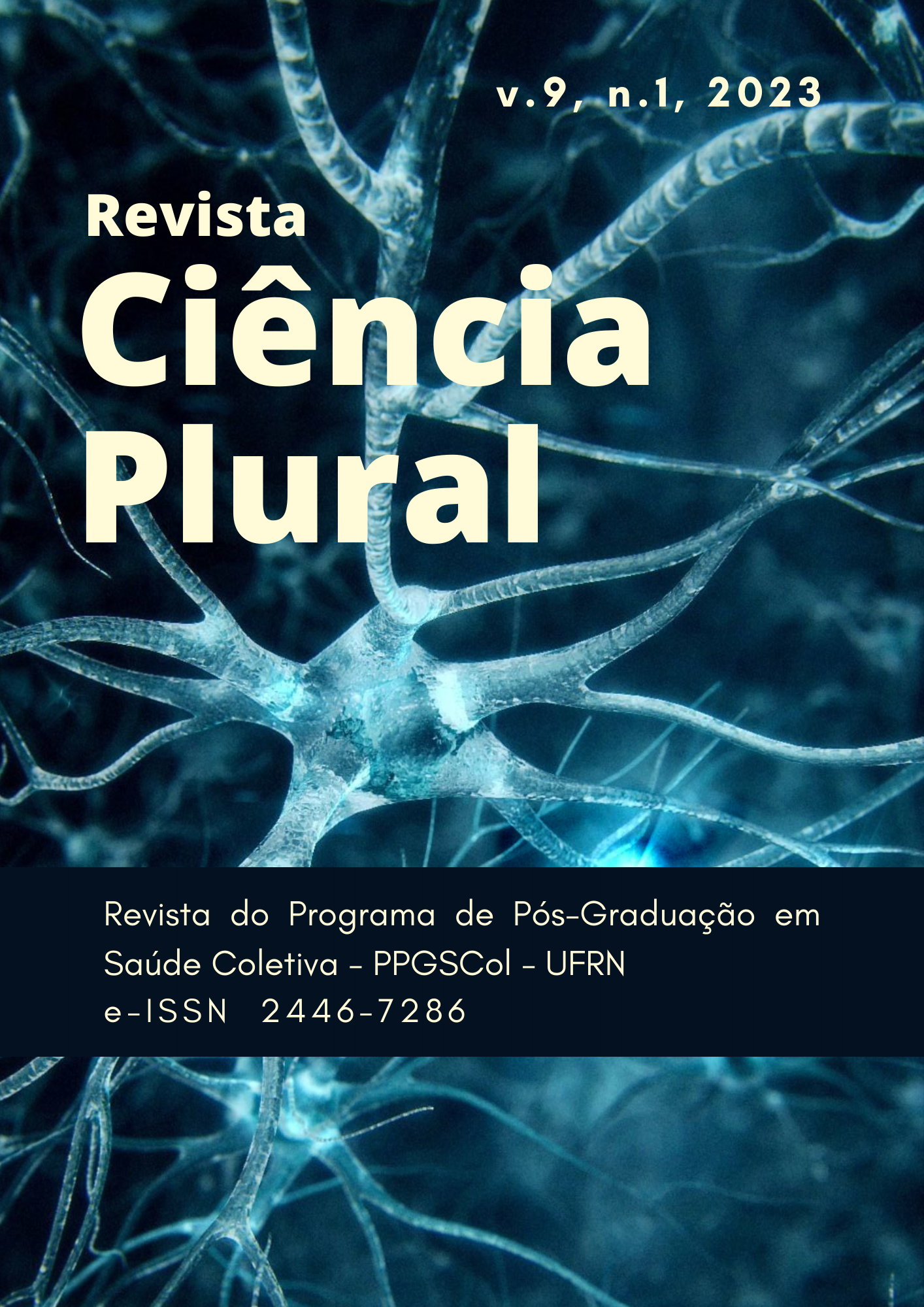Demographic, socioeconomic and service demand features of users in a state reference physical rehabilitation service, Mato Grosso, 2021
DOI:
https://doi.org/10.21680/2446-7286.2023v9n1ID29450Abstract
Introduction: Studies about the sociodemographic and socioeconomic factors of Brazilian Unified Health System’s users enable better understanding their features, which play important role in the process to plan and assess actions taken by health services demanded by this population. Objective: Describing the demographic, socioeconomic and service demand features of adult physical rehabilitation service users at a reference Specialized Rehabilitation Center in Mato Grosso State. Methodology: Descriptive observational study based on data collected from medical records of users assisted in the reception sector of a Specialized Rehabilitation Center in Cuiabá City, Mato Grosso State, from February to May 2021. Demographic and socioeconomic data about adult users from both sexes were assessed. Pearson’s Chi-square test was used to investigate associations between variables, based on the rehabilitation axis (orthopedic and neurological). The research project was approved by the Research Ethics Committee. Results: In total, 196 medical records were analyzed, 69% of patients sought orthopedic rehabilitation, whereas 31% sought neurological rehabilitation. There were statistically significant differences between frequencies recorded for the two physical rehabilitation axes, based on variables ‘age’ (p=0.0005), ‘schooling’ (p=0.0031), ‘main work activity’ (p=0.0045), ‘concomitant diseases’ (p=0.0016), ‘treatment in another health facility’ (p=0.0041) and ‘reason for seeking rehabilitation’ (p<0.0001). Conclusions: Results have evidenced differences in demographic, socioeconomic and service demand features between users demanding orthopedic and neurological rehabilitation. This outcome suggests that individuals’ health and rehabilitation needs depend on the uniqueness of their cases. Rehabilitation services should strengthen their links to primary care, the educational system and professional qualification actions aimed at individuals with disabilities.
Keywords: Health Services Accessibility; Rehabilitation Centers; Disabled Persons; Health Status Indicators; Health Evaluation.
Downloads
Downloads
Published
How to Cite
Issue
Section
License
Copyright (c) 2023 Revista Ciência Plural

This work is licensed under a Creative Commons Attribution-NonCommercial-ShareAlike 4.0 International License.
À Revista Ciência Plural ficam reservados os direitos autorais referente a todos os artigos publicados.

 Português (Brasil)
Português (Brasil) English
English Español (España)
Español (España)













